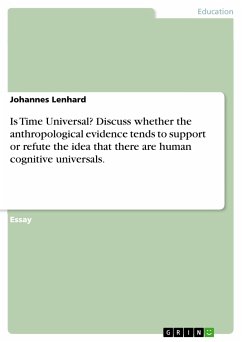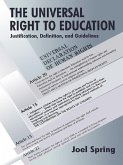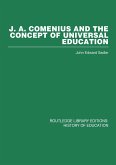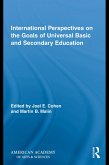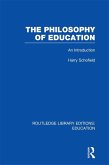Essay from the year 2012 in the subject Pedagogy - Theory of Science, Anthropology, grade: 66, University of Cambridge, language: English, abstract: Discuss whether the anthropological evidence tends to support or refute the idea that there are human cognitive universals. The original debate on human universals was fought on metaphysical grounds long before anthropologists started to write ethnographies. Framed as the argument between Continental Rationalism and Anglo-Scottish Empiricism (see Gell, 1992:7), Descartes and Kant believed in a priori reason as constitutive of categories whereas Hume defends the 'realness' of sensitive experience. The former are supportive of the universalism, whereas the latter strictly deny it. This abstract controversy does not further concern us here, however. More concretely, the following essay deals with the universal character of 'time' in ethnographic studies. Looking at conceptions of time in the context of the Nuer (Evans-Pritchard, 1987) and most particularly Bali (Bloch, 1977; Geertz, 1993; Howe, 1981), the argument can be made that it is hardly possible to find ethnographic evidence against the notion of a universal concept of time. I will demonstrate with the above examples that on the one hand ethnographies can rarely be used to refute the universality of time but that secondly to differentiate the particularly ethnographic viewpoint is essential.
Dieser Download kann aus rechtlichen Gründen nur mit Rechnungsadresse in A, B, BG, CY, CZ, D, DK, EW, E, FIN, F, GR, HR, H, IRL, I, LT, L, LR, M, NL, PL, P, R, S, SLO, SK ausgeliefert werden.
Hinweis: Dieser Artikel kann nur an eine deutsche Lieferadresse ausgeliefert werden.

